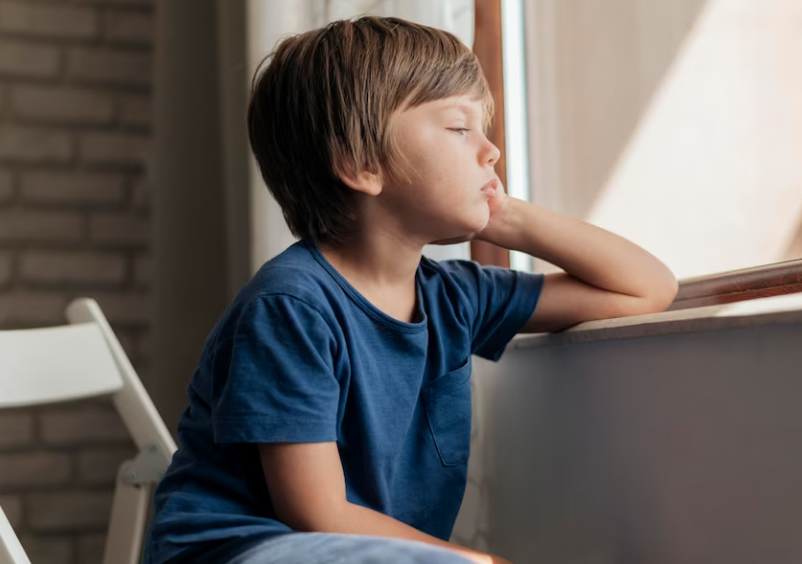Today, strictly structured activities and screen time are dominating children’s lives. You might not know but this is harmful for your little and growing children. Research reveals that the decline in free play can harm early child development and impact social and emotional learning in the long run. This article discusses the significance and benefits of play in contributing to healthy child development, shedding light on the concerning trends and the need for change.
Play Deprivation’s Impact on Child Development
The fall in unsupervised free play among children during their early years has alarmed educators, parents and lawmakers. According to research, chronic play deprivation throughout the first decade of life can contribute to poor early childhood development, which emerges as various difficulties in adulthood. Depression, difficulty adapting to change, less self-control, increased vulnerability to addiction and weak interpersonal relationships are among these obstacles.
The decline in childhood play coincides with a significant decrease in outdoor play and intergenerational family games, particularly in urban areas facing poverty and limited play opportunities. Leading play scholar Joe Frost has called this trend a public health crisis and a threat to societal welfare that may affect generations to come.
Evidence of Play’s Impact on Child Development
The evidence supporting the vital role of playing in child development comes from various sources, including behavioral studies of animals, neuroimaging of animal brains during and after play and examinations of the childhood play histories of human adults.
Studies involving rats have revealed that play-deprived rats exhibit impaired social skills, an inability to distinguish friend from foe, and reduced resilience to stress. Similar parallels can be drawn for severely play-deprived human children, especially those exposed to adverse environments like war or poverty. Such children may struggle to integrate into social groups, a complex social and emotional learning process facilitated by play.
Neurological Basis of Play
Neuroscientific research has shown that playtime activates a wide range of genes in the prefrontal cortex, the executive area of the brain responsible for decision-making and social interactions. These genes play a critical role in shaping social brains, highlighting the importance of playing in human development.
While more research is needed to understand the precise mechanisms by which playing influences brain development, it is clear that play has a profound impact on the release of neurotransmitters and neuro-hormones, ultimately shaping brain functioning and plasticity throughout life.
The Impact of Playing on Social and Emotional Learning
By not letting children have their playtime, you stop their learning through play. Children engaged in free play and activities tend to develop essential social and emotional skills. They learn to navigate complex social interactions, develop empathy, and tolerate ambiguity, all contributing to their ability to belong to various social groups. It is one of the biggest benefits of play for children. In contrast, play-deprived children may struggle with social skills, interpret criticism as exclusion, and exhibit rigid ideologies.
The Power of Play: The Bottom Line
So, now you know why is play important in early childhood. Parents and carers have an important role in developing children’s play experiences. They have to recognize and encourage kids’ natural need to play, giving them the freedom to explore and engage in unstructured activities. Overbearing parenting styles that tell children how to play can stifle the development of authentic play experiences.
